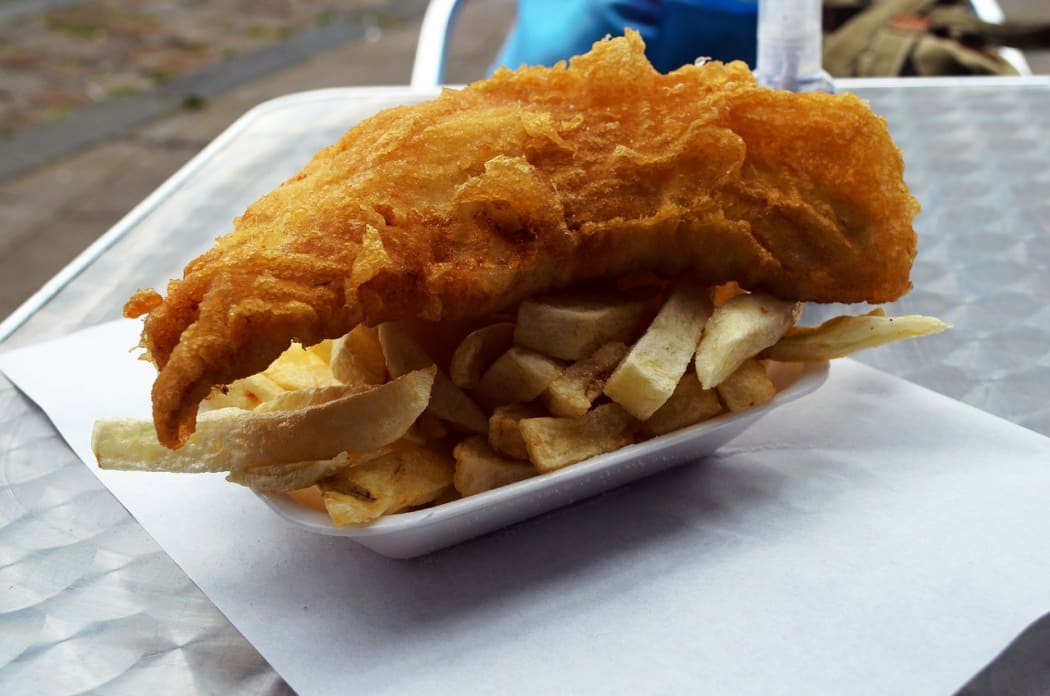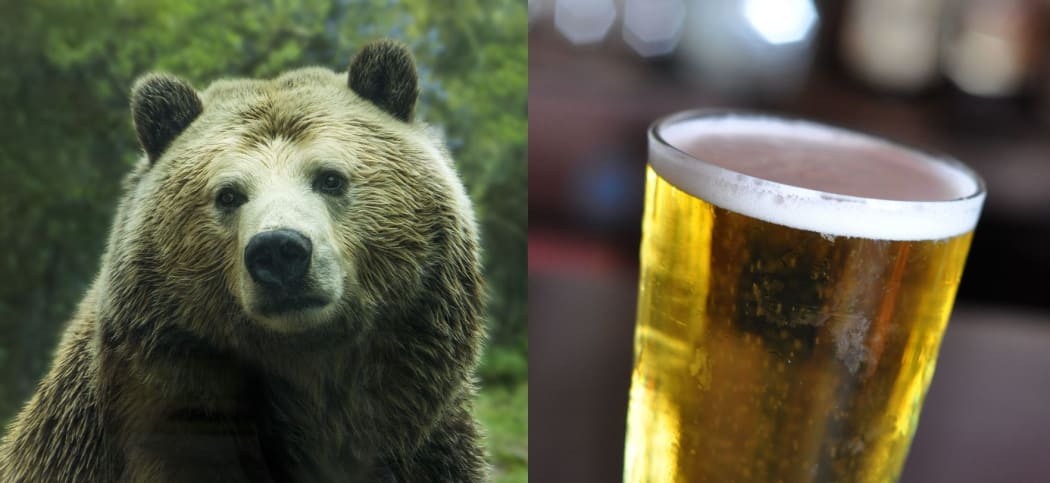We might joke or laugh about the way Kiwis speak. And hearing someone imitate our accent is always strange to our ears. But there are reasons that accents evolve – after all, “fush ‘n’ chups” didn’t come from nowhere.

When New Zealanders say fish and chips, it sounds like fush 'n' chups. Photo: CC0
Subscribe to Our Changing World for free on Apple Podcasts, Spotify, Stitcher, RadioPublic or wherever you listen to your podcasts
Language is part of what makes us who we are. It connects us to our sense of identity and our culture.
But within language there are also accents. And these change over time without us even realising that it is happening.
“Young women, in particular, are well-known as leaders in sound change,” says Emeritus Professor Janet Holmes, from the School of Linguistics and Applied Sciences at Victoria University of Wellington.

When a New Zealander says they want a 'bear', do they mean the animal or the drink? Photo: Matt Briney CC0
What is sound change exactly?
It is subtle according to Holmes, who says New Zealanders used to make a distinction between a glass of beer and a bear in the zoo.
“Nowadays if you say ‘I saw three bears’ it could be three animals or three glasses of alcohol,” she says.
Research has shown that with words like stare and steer, or pear and pair, it was young women who merged the two sounds the fastest.

Young women in New Zealand are leaders in sound change. Photo: CC0
So why is it that women have led this change?
“Women are, perhaps, particularly sensitive to the way they sound. And they’re very aware of the fact that people judge them and their social and regional background by the way they sound,” she says.
But what about the way we pronounce fish and chips as “fush ‘n’ chups”?
“Women tended to lead that change toward the centralisation of the ‘ih’ sound towards ‘uh’,” says Holmes.
So why does sound change occur?
Holmes says it is due to internal pressure and wider social factors.
“Which social factors and why is a really interesting question and there are differences in different societies and context matters,” says Holmes.
Interestingly, women in other parts of the world don’t necessarily lead sound change the way women do here. So what does that say about New Zealand culture and a woman’s role in shaping language?
“I see it as something indicative of innovation and openness to novelty and new things, and a willingness to take a lead. None of these things would be conscious, but it shows that young women have an influence, however unacknowledged by most of society,” she says.

